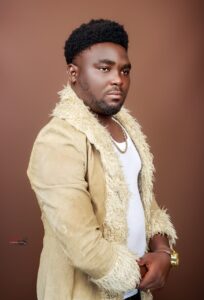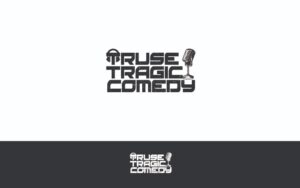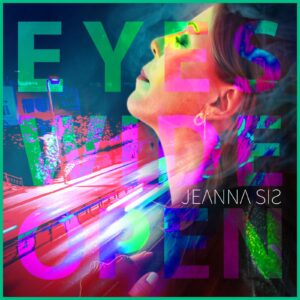
29 August 2019
Peter Edwards directs the Nu Civilisation Orchestra in Duke Ellington’s Sacred Music
(Photo: Mark Allan)
Jazz and religion might seem unlikely bedfellows, but it is surprising how many great names in the world of jazz have turned their hands to sacred music: Johnny Dankworth wrote a Mass, there are anthems by Dave Brubeck, and there are Duke Ellington’s three ‘Sacred Concerts’ – collections of settings of Biblical or religious texts in a swing idiom – given across the USA and the UK (the third, amazingly, premièred in Westminster Abbey, seven months before Ellington died).
The Nu Civilisation Orchestra under Peter Edwards were joined by the BBC Singers, Carleen Anderson and the UK Vocal Assembly, the revered jazz pianist Monty Alexander and tap dancer Annette Walker to create a rafter-raising collection of numbers from each of the three concerts, as well as the ballad ‘Heritage’ from Ellington’s stage show My People. Some numbers, such as Somethin’ ‘Bout Believing were slow, glitter-ball quicksteps; others – The Lord’s Prayer, Ain’t But the One – up-tempo swing numbers full of fat brass and rhythm; a few ballads – Heritage, Come Sunday – provided some smoochy melodies, and two of the numbers – In the Beginning, God and Freedom were lengthy ‘choral concertos’ with contrasting movements of piano blues, a big-band sound, solo riffs and choral recitations.
Nu Civilisation Orchestra under Edwards’ snappy direction made a classy sound, whether playing together for the big-noise triple-time of Tell me, the Latin feel of the second half of Heaven or providing the mellow sax chorus underpinning the spoken text in Somethin’ ‘Bout Believing. Just as accomplished were the solo moments: Ellie Smith’s trombone riffs in Freedom and Tell me It’s the Truth or the saxophone solos, varying across the numbers from smoky to pokey, played by Rhiannon Jeffreys (baritone), Xhosa Cole (tenor) and Nathaniel Facey (alto).
The singing quality was more variable. This isn’t really the BBC Singers’ home territory, but they managed to get into the spirit of things, and their spoken interjections (such as the listing of books of the Bible in In the Beginning…) were zippy enough. Soprano Emma Tring gave a believably Gospel account of Heaven, duetting perfectly with Peter Edwards’ piano.
Most of the solo vocals, though, came from the UK Vocal Assembly. Mary Pearce’s solid bluesy alto was spot-on for The Lord’s Prayer, as was Beverly Skeete’s more agile voice for Tell Me. Carleen Anderson, the Academy’s director, has an astonishing range, and sings both baritone and high soprano (and we had example of each in In the Beginning and My Love); sadly, though there’s a novelty in this, neither are particularly enjoyable: the baritone was overly croaky and the soprano thin and shrill. Tawiah and Heidi Vogel, though, provided balm with their splendid duet, Come Sunday, in which both voices – Vogel’s strong alto and Tawiah’s sweet soprano – intertwined with grace and elegance.
The male soloists too were a mixed bunch. Renato Paris’ account of David Danced was a tour de force of scat over a unison chorus (nicely set against some teasing tap from Annette Walker to take us into the up-beat), and Randolph Matthews’ rich baritone provided a lovely warm edge, whether speaking in Father Forgive or singing in Freedom. Randolph Matthews has a clear tone, but one wanted a voice of more rounded character for Ain’t But the One and Heritage.
In tribute to ‘The Duke’, the pianist Monty Alexander played a couple of improvisations on his songs. The second, a slower, bluesy collation was highly successful, but the syncopated earlier number, opening with a riff on Purple Haze, seemed a little clunky; the ‘feel’ for the jazz was there, but the delivery was a little hesitant.
Related






